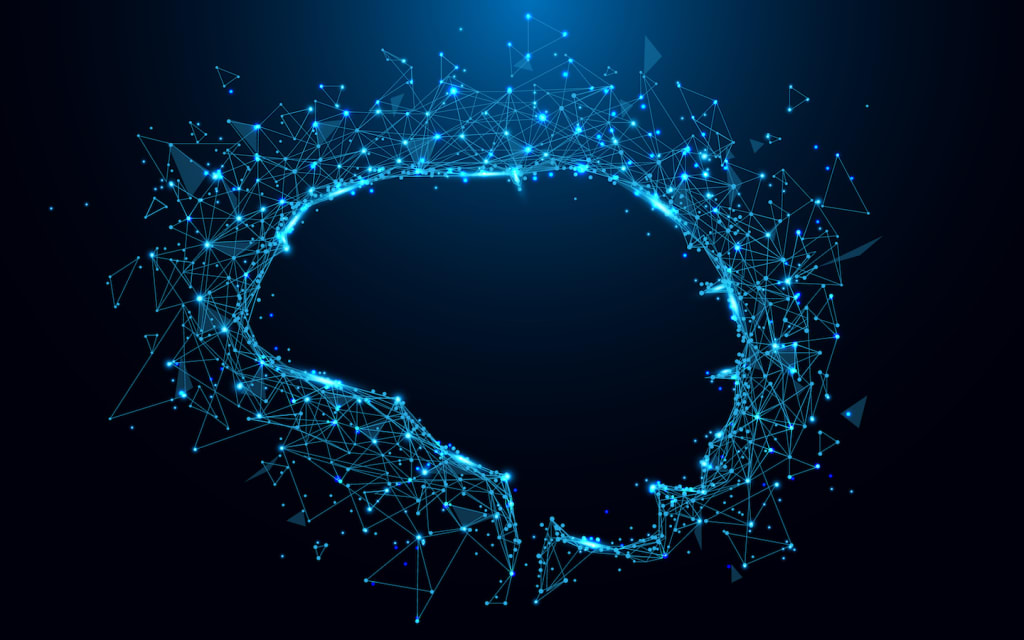47 Ronin: The Movie
From A Developmental Psych Perspective

“47 Ronin”, based on a true historical epic from Japanese history, is about a group of 47 rogue samurai with no master (this is known as being a Ronin). The story goes that during a competition and mutual diplomatic truce one master tricks another into causing his own disgrace. As punishment, the emperor of Japan forces the disgraced master to commit Seppuku, or a ritual suicide by cutting of the abdomen/belly. This leaves the samurai that owed allegiance to this master as rogue with no house to align with. In a major decision, these Ronin choose to follow the laws of bushido which calls for a revenge execution of the guilty party, which is the master who tricked the other (Abdy, McLeod, & Rinsch, 2013).
So, with the mission set, these 47 Ronin set out on a journey to avenge the master that was betrayed. They stormed the stronghold of the guilty party, and in front of all his troops, executed him for a restoration of honor. At the Seppuku of the disgraced master, the emperor had decreed that no revenge should be taken, and as punishment for their disobedience to this decree, the 47 Ronin were ordered to death. However, because they followed the law of bushido to the letter, and because they submitted to their punishment willingly and without hesitation, the 47 Ronin were given the honor of committing Seppuku so that they could be laid to rest with honor and dignity, as samurai could be (Abdy, McLeod, & Rinsch, 2013).
Throughout the film, Keanu Reeves plays a half-white, half-Japanese character that fought with the Ronin. He, as a boy, was found by the disgraced master and raised as a samurai (but never actually becoming one because of his mixed status). The role of his childhood is seen throughout the film from his determination to be a samurai, his submission to his place as a servant, and his escape from captivity by a strange people in the wilderness. The role of his childhood helped to determine how and why he fought and the road that he chose to follow (Abdy, McLeod, & Rinsch, 2013).
The major theory of adulthood that I think of is the biological theory that time tables control development and aging (Mason, 2011). This theory says that there are preprogrammed times in which certain developmental milestones are met. However, the theory that most closely matches the one shown in the film is from the sociocultural perspective in which social, cultural, and societal forces are emphasized as the major forces that shape human development (Mason, 2011).
In the film, an individual becomes an adult when your father (or society in general) determines you have become one. Two of the 47 ronin were father and son and the son was forced to submit to his father’s will as he was not an independent adult according to his father. In the U.S., we think of adulthood as an age variable and, in most cases, there is an either/or scenario. Either you are an adult or not an adult. If you aren’t an adult you have nothing; you have no pull, no say in anything, and are expected to submit to the will of adults. When you become an adult, meaning you reach the age of 18, you have to make every choice on your own, some of which are life altering. This is different in the film. An individual knows they are an adult when they go to war, married, or leave the home in general, and when the societal and social forces recognize them as more than children of other adults (Abdy, McLeod, & Rinsch, 2013).
Building off of development, the childhoods of the main two characters Kai (Keanu Reeves) and Mika (Ko Shibasaki), are directly connected to the way they express themselves as adults. They are connected via a forbidden love type relationship since Kai is a kind of servant/slave and Mika is the princess of the house. As such, the childhood experiences of Mika tell her how to act in public, with her father, with other Lords, and with her servants. However, her private dealings with Kai as childhood friends who fall in love tell her to be kind and different towards them in private situations (Abdy, McLeod, & Rinsch, 2013).
On the other side of this, Kai was initially raised by a mysterious people in the forests that essentially tortured him, both physically and mentally. He learned to survive and to fight. This upbringing plus the further instruction given to him by Mika’s father, an upbringing in which he was treated as a slave and servant, influence the way he reacts to the same situations, and then again as a warrior when he fights alongside the Ronin. These experiences for both of these characters as children greatly impact the social and cultural ways they act and think in everyday situations.
Kai, essentially the real main character of the film, is a very interesting character. On the OCEAN qualities, Kai is very low on openness and this can be seen throughout the film. On the factor of conscientiousness, Kai is very high on this factor. He shows honor and respect towards Mika’s family and his duty and self-discipline regarding the way he acts towards the public in his servitude capacity. On extraversion, I feel like Kai would score on a moderately average level. While warm in private, he does not at all show warmth in public, and he is assertive when he fights alongside the Ronin, however, he submits to others when in a servitude role. The same goes for agreeableness. When his status as a servant calls for it, he complies with the will of others. When in this role, he is also modest to the point of being a servant (Mason, 2011).
On the final factor of neuroticism, which is emotional instability, he would score quite low. His emotions are greatly controlled and he extremely self-disciplined to the point that he does not openly express emotions in public. He is not hostile (until provoked that is) and is very low on vulnerability. He is also intelligent. He is skilled with a blade and in combat due to his time with the forest people. His social skills aren’t really lacking; they are just suppressed due to his initial role as a servant. The multiple intelligences theory most closely relates to Kai as he is very intelligent in regards to certain things such as combat and similar skills, while his social intelligence is not as high (Mason, 2011). Furthermore, his ambitions are extremely high as he hopes to be a samurai, which is something impossible for a servant. He also wishes to be with Mika, which is impossible due to her position as a princess and later because of Kai’s involvement with the Ronins’ revenge.
On one hand you could say that Kai has been raised alone, however, Mika is considered a childhood friend and inspiration to Kai in the film, in other words a partner to Kai. While it is true that they both support each other’s adult development, the development is in no way balanced. Mika receives better education, shelter, food, care, and social support than Kai. Even though Mika attempts to supplement this difference, Kai is still a servant to the household and not in any way an equal. With this in mind, even though the support is unbalanced with Kai giving Mika all of his attention and Mika only slightly giving Kai the attention she wants to, they do greatly support each other in development from childhood all the way to adulthood (Abdy, McLeod, & Rinsch, 2013).
References
Abdy, P. (Producer), McLeod, E. (Producer), & Rinsch, C. (Director). (2013). 47 Ronin [Motion picture on DVD]. USA: Universal pictures.
Mason, M. G. (2011). Adulthood and aging. Boston, MA: Allyn & Bacon.
About the Creator
Cobe Wilson
Gamer, writer, poet, academic.
Purchase photography or merchandise here!!! --> https://the-photography-of-cobe-wilson.creator-spring.com/






Comments
There are no comments for this story
Be the first to respond and start the conversation.